detail profile valerio zurlini
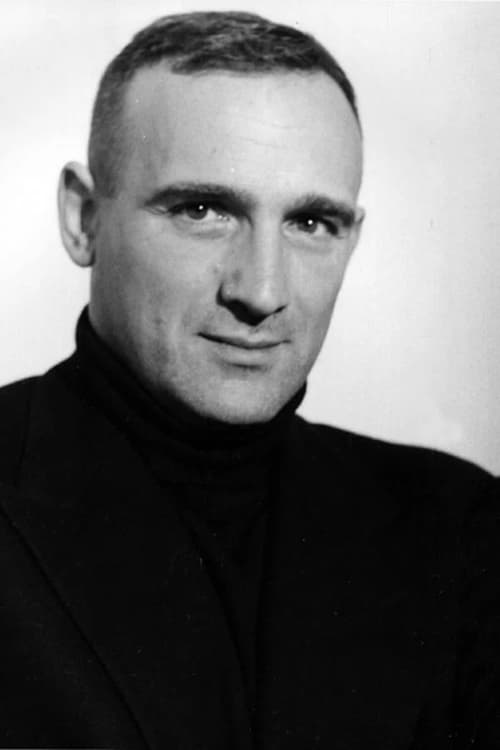
Valerio Zurlini
Валерио Дзурлини
atau dikenal sebagai
Riwayat Hidup
Valerio Zurlini (19 March 1926 – 26 October 1982) was an Italian stage and film director and screenwriter.
During his law studies in Rome , he started working in the theatre.
In 1943, he joined the Italian resistance .
Zurlini became a member of the Italian Communist Party .
He filmed short documentaries in the immediate post-war period before he directed his first feature film in 1954, The Girls of San Frediano .
In 1958, Zurlini won the Nastro d'Argento together with Leonardo Benvenuti , Piero De Bernardi and Alberto Lattuada for Best Script for Lattuada's Guendalina .
Zurlini made his name as a director with his second feature film, Violent Summer (1959), starring Eleonora Rossi Drago and Jean Louis Trintignant .
In 1961, Zurlini filmed Girl with a Suitcase , starring Claudia Cardinale , who became a film star in Italy, and Jacques Perrin , who would become Zurlini's favorite actor.
His 1962 film Family Diary earned Zurlini the Golden Lion at the Venice Film Festival (it tied with Tarkovsky 's Ivan's Childhood ).
Both The Girls of San Frediano and Family Diary were based on Vasco Pratolini 's work.
Info Pribadi
Peran Yang Di Mainkan Valerio Zurlini
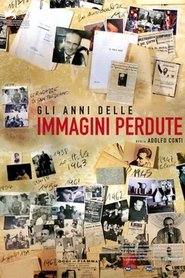 A documentary about director Valerio Zurlini...
A documentary about director Valerio Zurlini...The Years of Lost Images 2012
A documentary about director Valerio Zurlini. The "lost images" of the title are the movies Zurlini was never able to shoot: between 1962, the year he won the Golden Lion with Family Diary, and 1982, the year of his death, he directed only four features. The documentary features interviews with close collaborators (celebrated screenwriters Enrico Medioli and Nicola Badalucco) and some of his actors (Jacques Perrin and Claudia Cardinale).
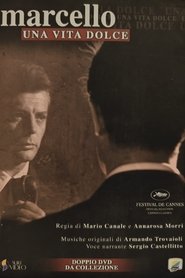 After shooting to fame with Federico...
After shooting to fame with Federico...Marcello, una vita dolce 2006
After shooting to fame with Federico Fellini’s “La Dolce Vita” (1960), actor Marcello Mastroianni (1924-1996) starred in more than 160 films in his nearly half-a-century career. Directors Mario Canale and Annarosa Morri look into the melancholic charm of one of the most famous Italian actors through interviews with his two daughters, Barbara and Chiara; directors Fellini and Luchino Visconti; actresses Claudia Cardinale and Anouk Aimee; and in archival footage of Mastroianni himself. The subject matter ranges from Mastroianni’s passion for kidney-bean pasta and his addiction to the telephone to his famous laziness, humility and talent. Shown in black-and-white, Mastroianni — elegantly holding a cigarette in between his fingers — is undeniably the dandy.
 In Italy the gambler and professor...
In Italy the gambler and professor...Indian Summer 1972
In Italy, the gambler and professor of poetry Daniele Dominici arrives in the seaside town of Rimini and is hired to teach for four months in the local high school replacing another teacher. His relationship with his partner Monica is in crisis and he spends most of the time with his new acquaintances and gamblers Giorgio, Marcello and Gerardo. In classroom, he meets the gorgeous nineteen years old student Vanina Abati, who is Gerardo's girlfriend.
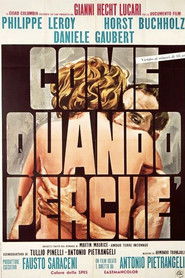 Paola wife of a wealthy Turinese...
Paola wife of a wealthy Turinese...How, When, and with Whom 1969
Paola, wife of a wealthy Turinese industrialist, meets Alberto, a friend of her husband, who emigrated to Argentina and has returned for business reasons. After a few days, Alberto confesses his love to Paola, but she resists. However, during a vacation in Sardinia, having waited in vain for the arrival of her husband, she gives in to Alberto's wishes.
 A thinlydisguised biography of African leader...
A thinlydisguised biography of African leader...Black Jesus 1968
A thinly-disguised biography of African leader Patrice Lumumba, here called Lalubi. Lalubi, a Christ-like leader determined to save his people, by passive resistance, from the dictatorial regime propped up by European colonialists, is imprisoned and tortured, along with a thief who comes to a greater understanding through his contact with Lalubi.
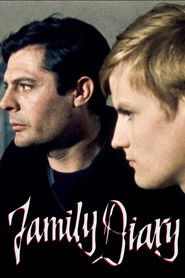 Enrico is a struggling journalist in...
Enrico is a struggling journalist in...Family Diary 1962
Enrico is a struggling journalist in the Rome of 1945. He receives a phone call informing him that his younger brother Lorenzo has died. Enrico recalls their long and difficult relationship; he was brought up by their poor but warm-hearted grandmother, Lorenzo was raised as a gentleman by a wealthy local aristocrat. Reunited in the Florence of the 1930s, Enrico becomes his spoilt brother's keeper, forever haunted by a sense of guilty responsibility towards a man he both hates and loves.
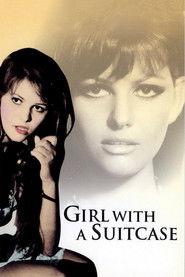 Lorenzo whos 16 and born to a...
Lorenzo whos 16 and born to a...Girl with a Suitcase 1961
Lorenzo, who's 16 and born to a wealthy family in Parma, tries to make things right toward a showgirl, Aida, whom his older brother has mistreated. In extending kindness and standing up for her, he comes of age. But, is there anything he can do that will alter Aida's situation or her prospects?
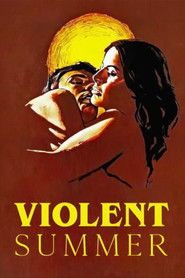 Summer 1943 wealthy youth in the Riccione...
Summer 1943 wealthy youth in the Riccione...Violent Summer 1959
Summer, 1943: wealthy youth in the Riccione district of Rimini play while the war gets closer. Carlo Caremoli, a young man who follows the crowd, has found ways to avoid military service. Then, on the beach, he meets Roberta, a war widow with a child. Roberta's mother warns Roberta to avoid Carlo, but to her, he seems attentive and to her daughter he is kind. Romance develops. Within a few weeks, Roberta is risking everything. Can there be a resolution between passion, on the one hand, and war, duty, and social expectation on the other?
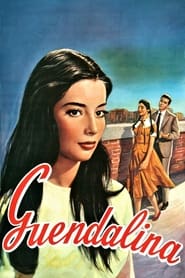 Wealthy teenager Guendalina is a child...
Wealthy teenager Guendalina is a child...Guendalina 1957
Wealthy teenager Guendalina is a child of divorce. Oberdan, likewise a teenager, is a boy from a blue-collar family. Escaping from the tribulations of her home life, Guendalina creates a dream world of her own, casting Oberdan as her personal Prince Charming. Despite parental objections, girl and boy fall in love. Interestingly enough, the relationship between Guendalina and Oberdan remains pure and chaste throughout their film, which is more than can be said for their parents. their respective parents behave with marked laciviousness.
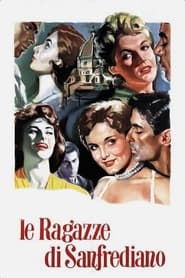 Andrea a young and charming florentine...
Andrea a young and charming florentine...The Girls of San Frediano 1955
Andrea, a young and charming florentine mechanic in the 1950s, romances five beautiful women simultaneously, enjoying life without really committing to anyone, but in the end who wants to grasp all lose all.
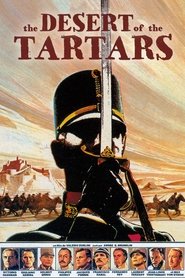 Lieutenant Giovanni Drogo is assigned to...
Lieutenant Giovanni Drogo is assigned to... In WWII Lieut Martino and his...
In WWII Lieut Martino and his...